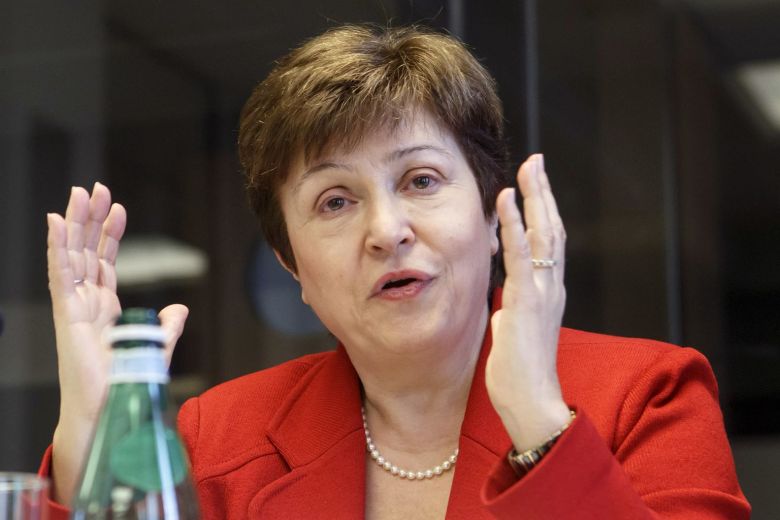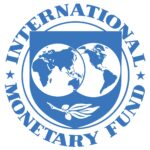After about three weeks of formally applying for a COVID-19 pandemic loan assistance from the International Monetary Fund (IMF), the Breton Woods institution on Tuesday approved Nigeria’s $3.4bn loan request to cushion the negative impact of the pandemic on the country.
The loan is the total of Nigeria’s existing holding with the IMF under the Rapid Financing Instrument without any conditions attached to it.
The Minister of Finance and Chairman, Special Ministerial Task Force on COVID-19, Mrs. Zainab Ahmed, had early this month hinted of the government’s move to apply for the loan to grow the economy, especially with the steady fall in the price of crude in the international market.
This is even as she disclosed then that $150 million would also be withdrawn from the Stabilization Fund to support dwindling monthly allocations to federal and state governments.
Sources familiar with the state of the loan request confirmed to Daily Trust that the much-awaited approval of the loan request had been given by the IMF.
The IMF Managing Director, Kristalina Georgieva, had on Monday gave the clue on a webcast held by the Atlantic Council that the approval for Nigeria’s would come by the end of this month.
While confirming that the IMF board would meet yesterday to consider the request, Georgieva said: “We are working very rapidly to provide a significant emergency financing to Nigeria. I expect this to be done by the end of the month.”
Apparently devastated by the COVID-19 pandemic impact on all facets of national life and lacking the funding capacity to mitigate its impact, the Federal Government has over the past three months been sourcing for funds from multilateral institutions and other lenders to address the challenges triggered by the scourge so far.
For instance, apart from the IMF, the government is also expecting loans or grants from the World Bank, the Africa Development Bank (AfDB) and the Islamic Development Bank Group as part of measures to mitigate the impact of the pandemic, especially on total lockdown of the economy and associated socio-economic hardship on people and businesses.

 Join Daily Trust WhatsApp Community For Quick Access To News and Happenings Around You.
Join Daily Trust WhatsApp Community For Quick Access To News and Happenings Around You.

